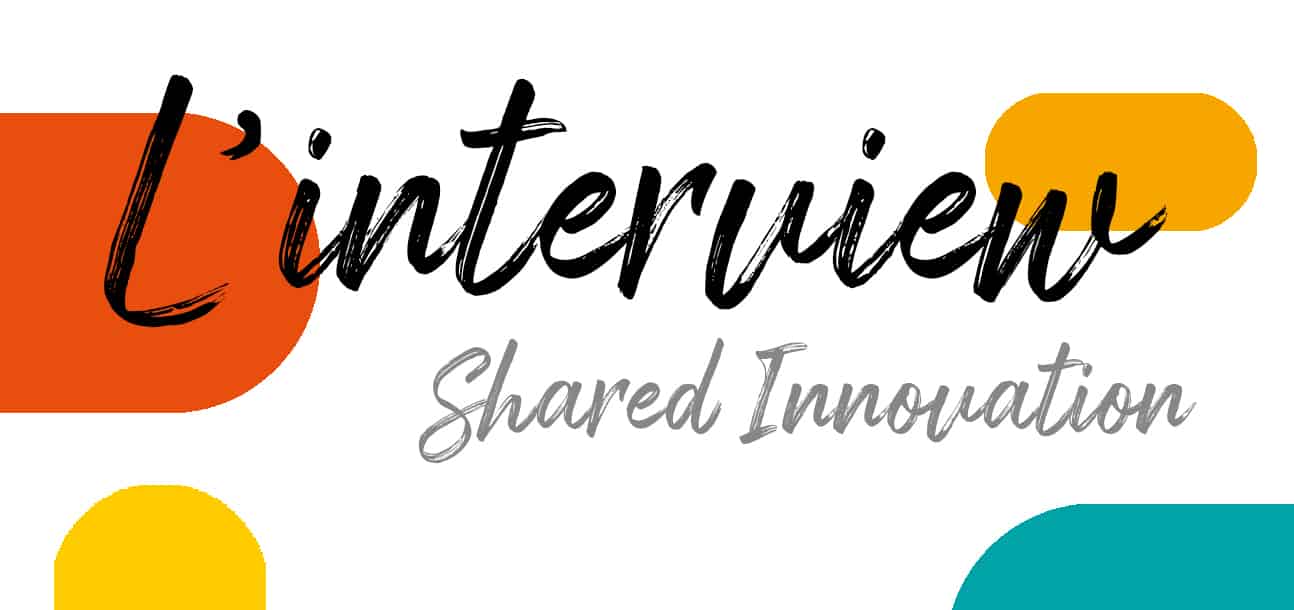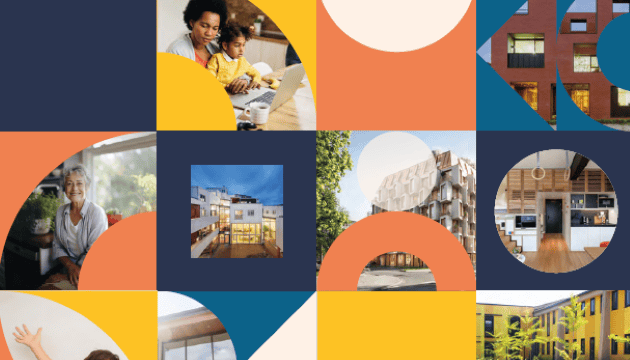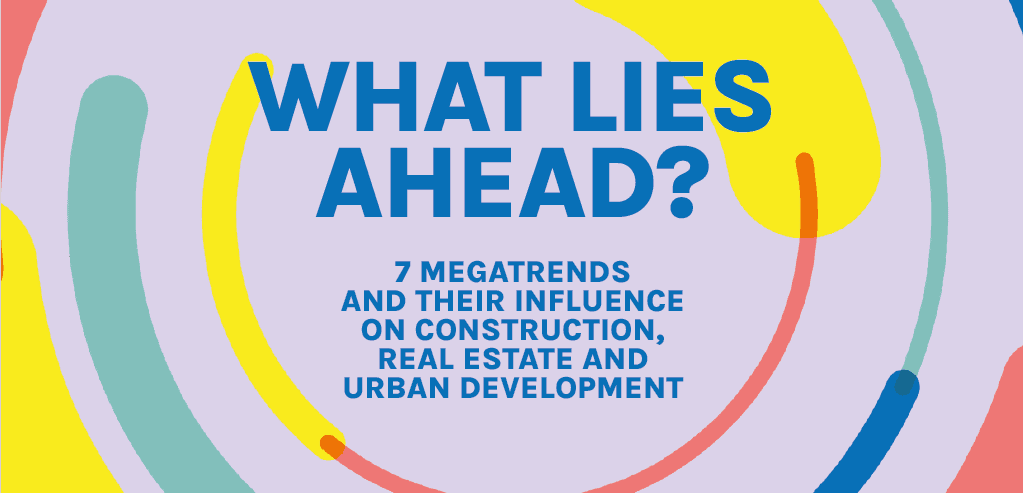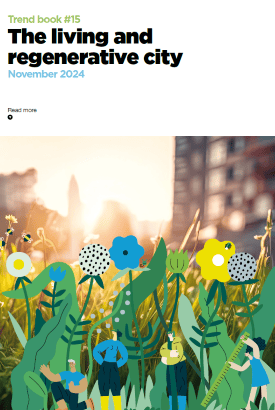
Interview of the month : Frédéric Gérard
3 minutes of reading
Frédéric Gérard, the director of the 5G SmartX business accelerator at Bouygues Telecom, discusses the context for this initiative and his vision for the Group.

On 3 July 2018, Olivier Roussat initiated the set-up of a business accelerator with the arrival of 5G technology. Can you explain this context and why this business accelerator was created?
For several months, Bouygues Telecom has been preparing for the commercial launch of 5G, the new generation of mobile telephony, forecast for 2020. This new technology will feature major changes. It offers a ten-fold increase in performance and it enables greater transmission rates, a reduction of latency and an increase in the number of connected devices per km2. We can already imagine a multitude of application domains: robotics and the remote control of autonomous equipment, harnessing the power of Mobile Cloud Computing with a very low latency, 4K video streaming in real time, etc. 5G technology also features disruptive possibilities such as prioritising certain uses as compared to others by dedicating specific channels, what we call “Network Slicing”. These channels provide more secure performance guarantees which will create many industrial opportunities for 5G technology. Consequently, Bouygues Telecom decided to create this accelerator in order to use 5G in the digitalisation of the various industrial business lines of the Bouygues Group, by bringing together the required skills. 5G can provide solutions for operational production, at work sites, for example, and be the breeding ground of new offerings. Today, digitalisation affects all sectors: cities, industries, mobility, buildings, work sites and lastly, all of the Group’s business lines. This accelerator is also open to external partners and our aim is to create an extended ecosystem. Composed of subsidiaries, other large companies, start-ups and stakeholders from the academic world, it meets the increasingly more complex needs of the market, and it enables participants to jointly develop shared opportunities.More concretely, what does this accelerator consist of and how does it work?
An accelerator consists of a physical creative and testing space, means, communities and methods. Our accelerator is temporarily located at the Nextdoor Washington in Paris. It consists of a coworking space for accelerator coordinators and for the project planners from our subsidiaries, a lab for prototyping, and a creativity room that will also be used as a showroom. Our accelerator has already forged several partnerships: with Transpolis, a pilot area for the smart city and connected vehicles just south of Lyon where Colas and Objenious are already partners, and with UTAC CERAM, for their testing centre in Linas-Montlhéry, a pilot area for connected and autonomous vehicles. We will equip these two sites with 4G and 5G antennas in order to learn through full-scale tests. The interaction with communities will take place in collaboration with our partners via events focusing on their Smart X themes. The accelerator’s mission also includes getting the ecosystem involved and promoting 5G technology as well as the Group’s positioning. In short, we will act as a catalysing force that will promote meetings, bring together the right skills and accelerate shared projects. Lastly, we have implemented methodologies to provide support for our employees throughout the various phases of the project, especially in regard to the technical and business aspects. In addition to providing Design Thinking and creativity methods, we will accompany the projects from their contractual perspective, from their NDA (non-disclosure agreement) to the partnership agreement, and to the project agreement.To which application domains will the projects belong and who is eligible to develop them?
We have identified several application domains: Smart Mobility, Smart City, Smart Neighbourhood, Smart Campus, Smart Factory, Smart Building, Smart Entertainment and several others that we have summarised as “Smart X”. And it is obvious that the issue of 5G technology, data and cyber security cuts across all these themes. All themes are welcome, and anyone can contact us to propose a use case that could result in a project where the competencies of a telecommunications operator are required. I would also like to note that we will give priority to ideas where the operator is required to provide more than a SIM card. We are also not a start-up incubator, nor a business entrepreneurship programme because we wanted to begin with a site of a reasonable size. We are looking for “product owners” that have problems that telecommunications companies can address along with technological integrators and contributors to help us jointly develop the solution to these problems. In this context, the subsidiaries retain complete control of their customer relations and their products, and the accelerator only plays the role of facilitator and catalyst. Share your needs for new uses of 5G with us!More reading
Read also



What lies ahead? 7 megatrends and their influence on construction, real estate and urban development
Article
20 minutes of reading

Energy
in partnership with


‘Paris at 50°C’: a fact-finding mission to prepare Paris for future heatwaves
Article
2 minutes of reading

